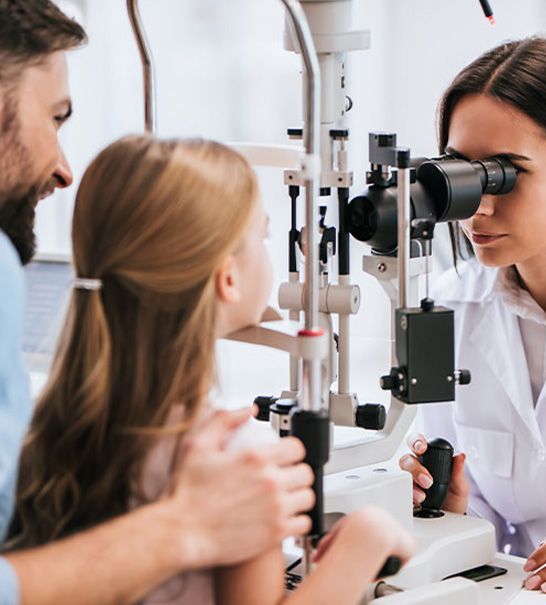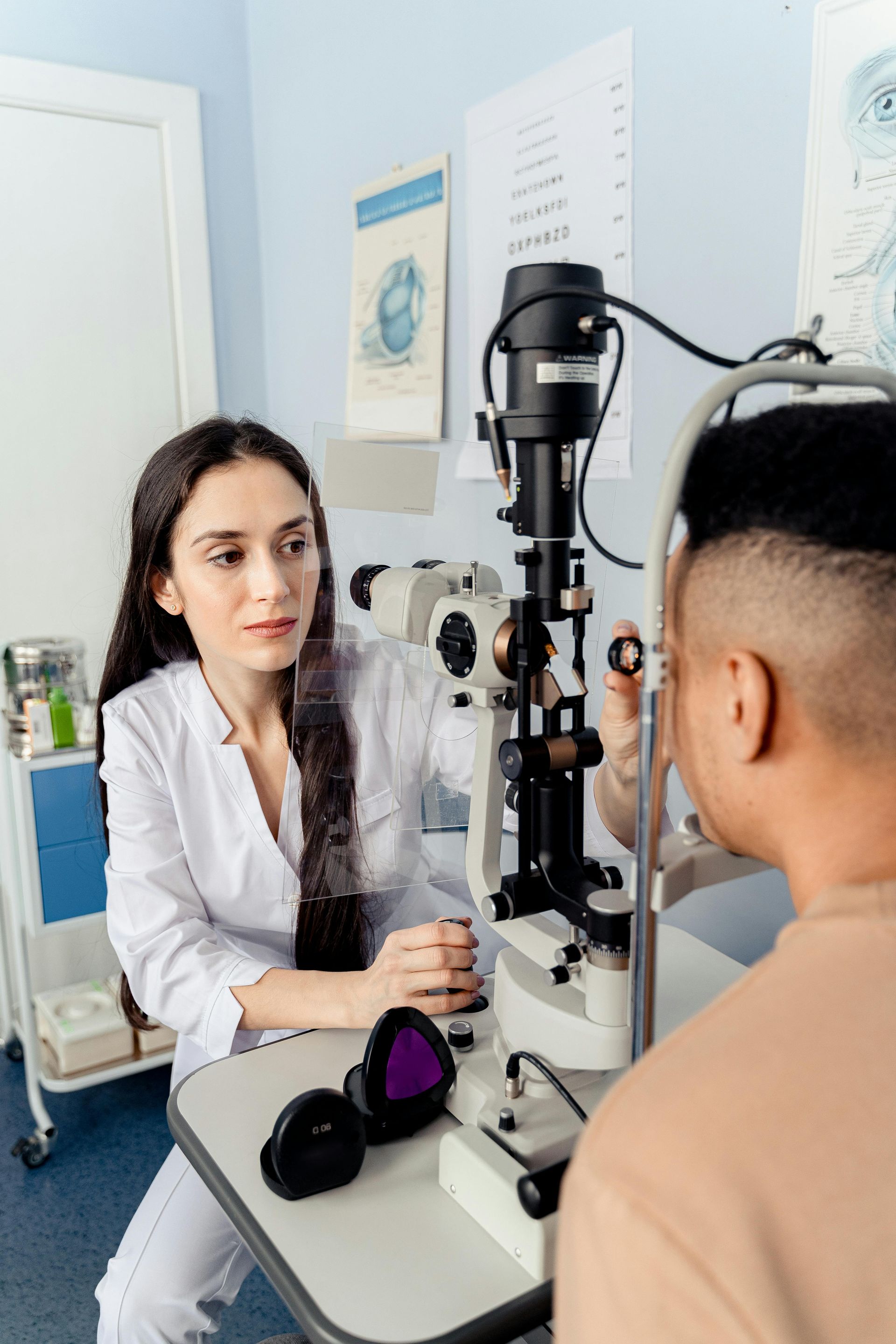Eye Exams

Thorough Eye Exams in Oshawa You Can Trust
Your eyes deserve proactive care at every stage of life. Whether you're booking your first visit or keeping up with routine care, our comprehensive eye exams help protect your vision, catch issues early, and support your overall health.
THE PROCESS
What to Expect During Your Exam
We keep things clear and comfortable, every step of the way. Here’s what your visit might include:
1. Health & Vision History
We’ll talk through your current vision, medical background, and any concerns you have.
2. Vision Testing (Refraction)
You’ll look through a few lenses while we determine your precise prescription and visual clarity. This helps us find the correction that works best for your everyday life.
3. Eye Health Evaluation
We examine your retina, measure eye pressure, and check for early signs of common eye conditions such as glaucoma, diabetic changes, or macular degeneration, even if you feel fine.
4. Personalized Recommendations
Whether you need glasses, contacts, a follow-up plan, or just reassurance... we guide you with honesty, clarity, and no pressure. All questions are welcome.

Adult Eye Exam
Our adult eye exams go beyond checking your prescription — they’re a window into your overall health. During your visit, Dr. Jane Yang will assess your visual acuity, eye coordination, eye pressure, and screen for conditions like glaucoma, cataracts, and macular degeneration.
Recommended every 1–2 years, even if your vision seems fine. Many eye conditions show no early symptoms — until it’s too late.
What's included:
Prescription and vision check - Eye muscle and binocular vision assessment - Intraocular pressure check - Retina and optic nerve health - Discussion of holistic strategies to manage your vision care.
Pediatric Eye Exam | Big care for little eyes.
Children’s eyes develop rapidly, and so do their vision needs. Our pediatric eye exams are gentle, fun, and tailored to kids of all ages. We assess vision development, eye teaming, depth perception, and screen for issues that could impact school performance or confidence.
The Canadian Association of Optometrists recommends a child’s first exam at 6 months, again at 2–3 years, and annually after school starts.
What We Check:
- Vision sharpness and eye alignment
- Tracking, depth perception, and focusing
- Colour vision and hand-eye coordination
- Early signs of lazy eye or crossed eyes
- Screen and learning habits
Protecting Your Vision When You Have Diabetes
If you live with diabetes, regular eye exams are essential. High blood sugars silently damage the blood vessels in your eyes, potentially leading to diabetic retinopathy and vision loss.
At Red House Vision Centre, we provide diabetic eye exams to detect early changes and protect your vision long-term. We collaborate with local GPs and diabetes specialists to ensure you receive care from all aspects of your health and lifestyle.
Early detection is everything.
Our diabetic eye exams include a thorough evaluation of your retina, optic nerve, and blood vessels, even before symptoms appear.
Your health, our priority.
We take the time to understand how diabetes affects your eyes and work closely with your healthcare team to keep your vision safe.
Eye Pressure Test
Essential for detecting glaucoma, more common in people with diabetes.
Dilated Eye Exam
A closer look at the back of the eye to spot early signs of retinopathy.
Retinal Imaging
High-resolution images of the retina to monitor subtle diabetic changes.
We provide detailed reports to your family doctor or endocrinologist as needed.
Coordinate Session
Eye Exam FAQs
Why are annual eye exams important?
Annual eye exams are essential for maintaining good eye health and early detection of any potential eye conditions, ensuring that you can get the proper treatment as soon as possible.
What common conditions can be detected during the eye examination?
Our eye exams help detect a wide range of conditions — often before you notice any symptoms. These may include:
Glaucoma
Cataracts
Age-related macular degeneration
Diabetic retinopathy
Dry eye syndrome
Eye strain from screen use
We also check for signs of systemic issues like high blood pressure or diabetes.
When should I take an eye exam?
The Canadian Association of Optometrists recommends:
Adults (19–64): every 1–2 years
Children (0–18): annually — OHIP covers this
Seniors (65+): annually — OHIP covers this
Diabetics or those with medical conditions: every year (also OHIP-covered)
If you’re noticing changes in your vision, headaches, eye strain, or dryness, don’t wait — book sooner.
What should I bring to my appointment?
Bring the following to help us provide the most accurate care:
Your current glasses or contact lenses
A list of any medications or eye drops
Your health card (for OHIP coverage, if eligible)
Insurance information (if applicable)
Any questions or concerns you want to discuss. We’re here to help.
